All Formats & Editions
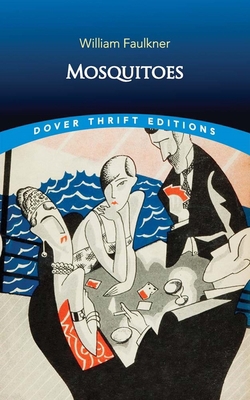
Mosquitoes
William Faulkner's inspiration for his second novel, Mosquitoes (1927), was his involvement in the 1920s New Orleans creative community. Mosquitoes explores the themes of sexuality and the societal role of the artist as it follows a bohemian cast of characters on...
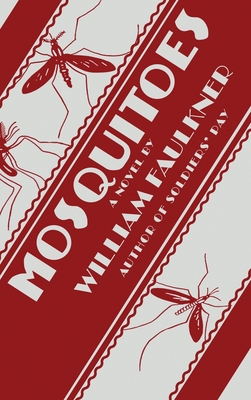
Mosquitoes
Mosquitoes, a 1927 novel from celebrated author and Nobel Prize winner William Faulkner, takes place in New Orleans and follows a group of socialites on a yacht trip on Lake Pontchartrain. The characters, including the wealthy art patron Mrs. Maurier and the young artist Peter,...
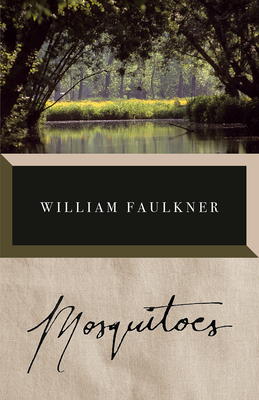
Mosquitoes
Faulkner's second novel is a high-spirited satiric romp set on an ill-fated pleasure cruise out of New Orleans. Wealthy Mrs. Maurier, the widowed heiress of an old New Orleans family, likes to collect "artistic types." When she plans a multi-day outing on her yacht...

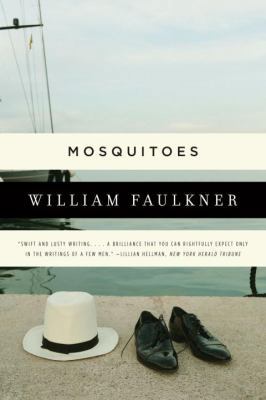
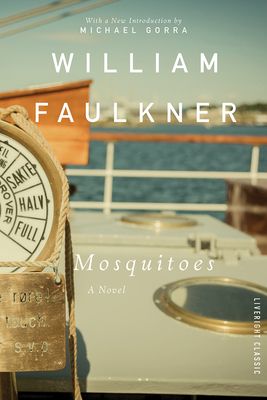
Mosquitoes
A fascinating glimpse of the author as a young artist, Faulkner's sophomore novel, Mosquitoes (1927), introduces us to a colorful band of passengers on a boating excursion from New Orleans. This engaging, high-spirited tale--which Faulkner wrote "for the sake of writing because...

Mosquitoes
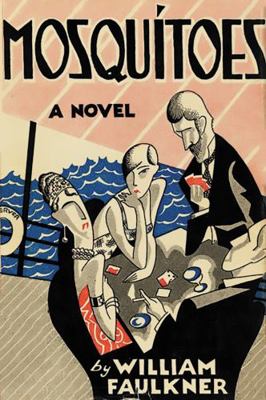
Mosquitoes
The hour-by-hour, day-by-day organization of the novel suggests, in form as well as function, the nature of the repetitive and mundane days spent on the cruise ship. By grounding the repetitive activities of the characters in concrete temporal divisions, Faulkner gives structure...

Mosquitoes
Mosquitoes is a satiric novel by the American author William Faulkner. The book was first published in 1927 by the New York-based publishing house Boni & Liveright and is the author's second novel. Sources conflict regarding whether Faulkner wrote Mosquitoes during his time...

William Faulkner MOSQUITOS 1955 Liveright Publi...

FEL Facsimile of Mosquitoes ( First Edition Lib...

Mosquitoes
Mosquitoes is a satiric novel by the American author William Faulkner. The book was first published in 1927 by the New York-based publishing house Boni & Liveright and is the author's second novel. Sources conflict regarding whether Faulkner wrote Mosquitoes during his time...
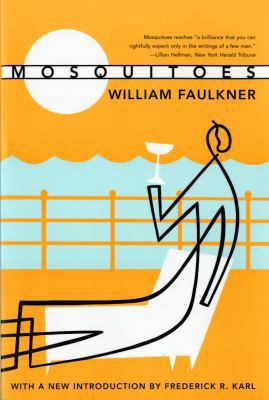

Mosquitoes
In telling about the remarkable group of people characterized by the title--buzzing nonentities, boring idiots, stinging parasites--Faulkner succeeds in endowing each with the charm of a humming bird, for the highly amused reader if not for the other "mosquitoes" aboard. The...
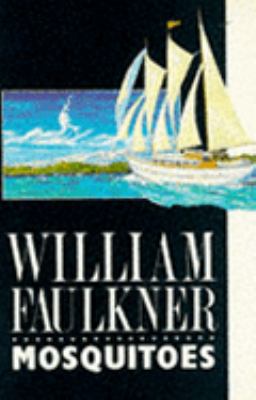
Mosquitoes (Picador Books)

Mosquitoes
A delightful surprise, Faulkner wrote his second novel "for the sake of writing because it was fun."
![Moustiques [French] 2020056917 Book Cover](https://m.media-amazon.com/images/I/51at8iKT1UL._SL500_.jpg)

Mosquitoes

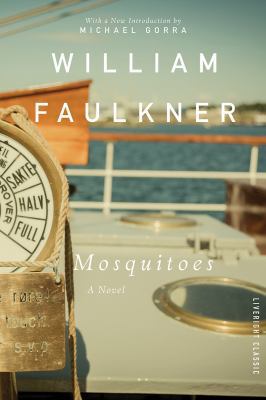


Mosquitoes (Dell D168)

MOSQUITOES - Facsimile Dust Jacket for 1st edit...





